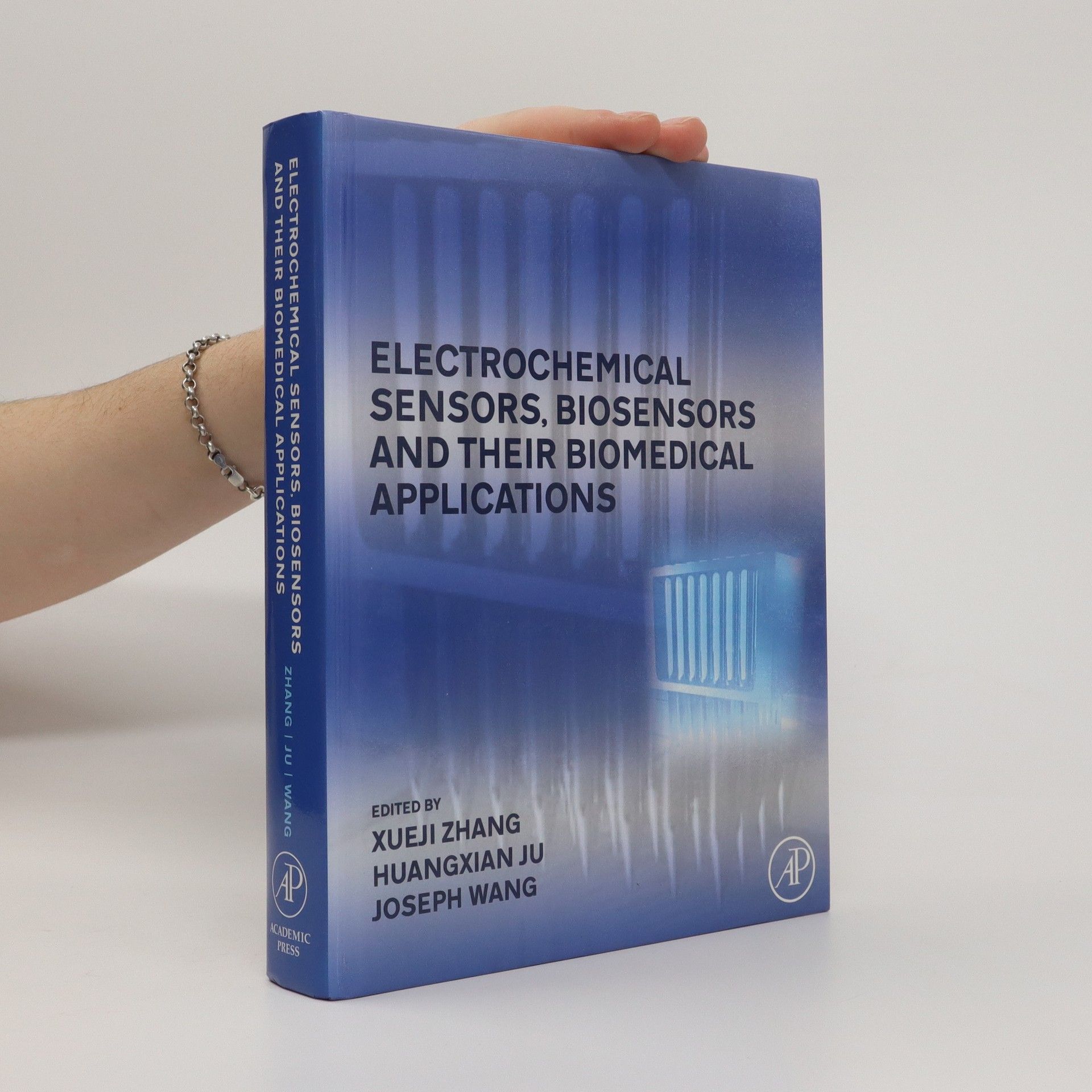Electrochemical sensors, biosensors and their biomedical applications
- 616bladzijden
- 22 uur lezen
This book broadly reviews the modem techniques and significant applications of chemical sensors and biosensors. Chapters are written by experts in the field – including Professor Joseph Wang, the most cited scientist in the world and renowned expert on sensor science who is also co-editor. Each chapter provides technical details beyond the level found in typical journal articles, and explores the application of chemical sensors and biosensors to a significant problem in biomedical science, also providing a prospectus for the future.This book compiles the expert knowledge of many specialists in the construction and use of chemical sensors and biosensors including nitric oxide sensors, glucose sensors, DNA sensors, hydrogen sulfide sensors, oxygen sensors, superoxide sensors, immuno sensors, lab on chip, implatable microsensors, et al. Emphasis is laid on practical problems, ranging from chemical application to biomedical monitoring and from in vitro to in vivo, from single cell to animal to human measurement. This provides the unique opportunity of exchanging and combining the expertise of otherwise apparently unrelated disciplines of chemistry, biological engineering, and electronic engineering, medical, physiological.
